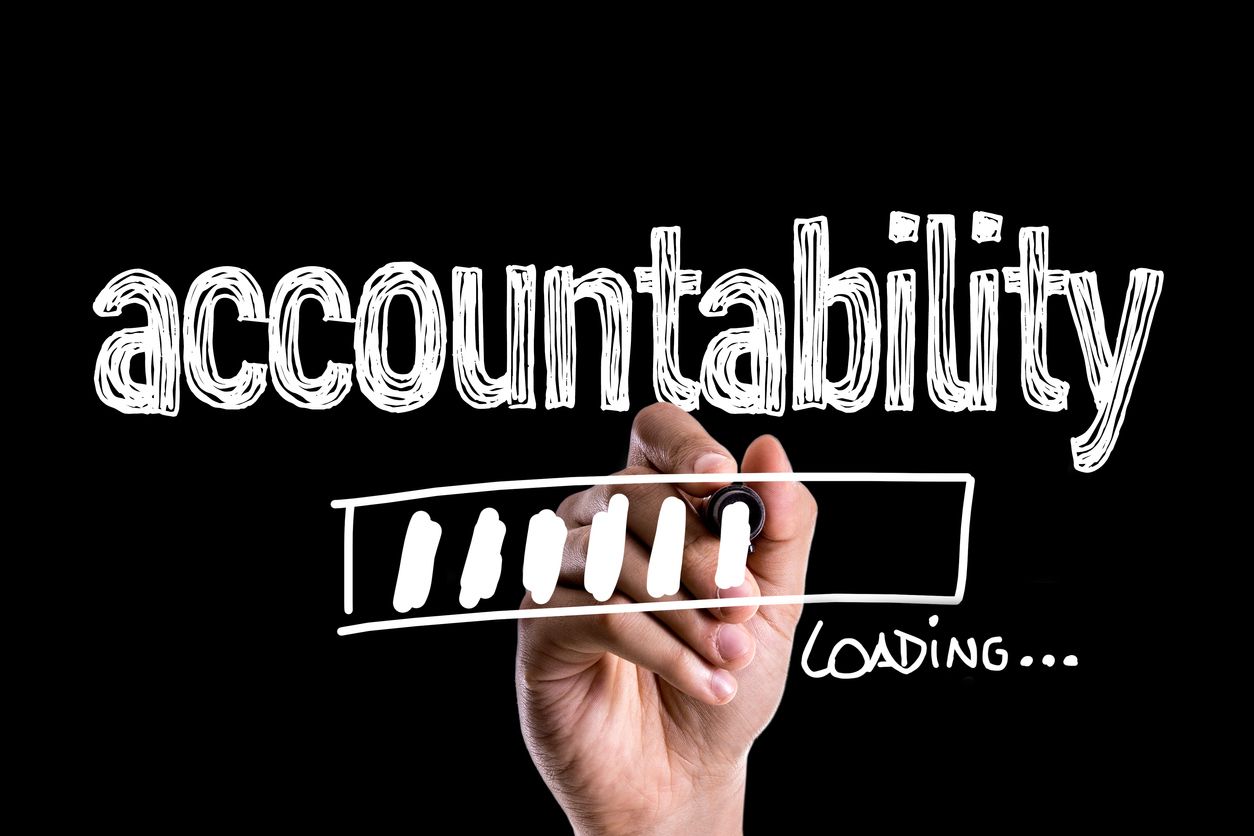Inspiring Accountability

In your organization, how often are tasks not completed to your satisfaction and on time? For most of us this is a common reality. This article outlines important steps for helping your team members be accountable for regularly getting important work done well.
First, let’s look at a definition of accountability.
Accountability is where team members hold themselves and each other responsible for fulfilling their commitments in a positive and productive way.
Now, we’ll consider the steps a leader can follow to position their team and each team member for success.
- Clearly define the results you want achieved by when. Be very specific. For example, “Complete the first full draft of the annual report in Microsoft Word, including the layout, footers with page numbers, table of contents, and other introductory pages, and email the Word document to me by February 19, 2023, at 4:00 pm Central Time.”
- Ask your team member what training, resources, or help they may need to achieve this. Determine if you will provide this support or assign the work to someone else who is a better fit for it – and communicate your decision.
- Ask the person you are delegating this work to, “On a 1 to 10 scale with 10 being the highest, how committed are you to fulfilling this responsibility?” If they aren’t a 10, ask what they would need to be a 10. Work with them to fill the gaps, or if they really aren’t a right fit, assign the work to someone else.
- Collaborate with your team member to set up a monitoring timeline and method to check progress periodically along the way. This ensures there are opportunities for the team member to alert you to bottlenecks and seek help if necessary. Praise them for their progress, encourage them to try to solve problems along the way, and guide them in making effective decisions.
- Tell your team member to reach out to you for help if they can’t resolve challenges in a timely. Ask them to alert you whenever they discover something beyond their control that may delay the completion date or impact work quality.
- Celebrate their success when they achieve expectations! When people are acknowledged for doing the job well it builds their confidence and commitment, increasing their future success.
Yes, leaders have to be very intentional when delegating work and responsibilities. However, when we take the time to set the stage for accountability, more will get accomplished and everyone will experience stronger workplace morale.

